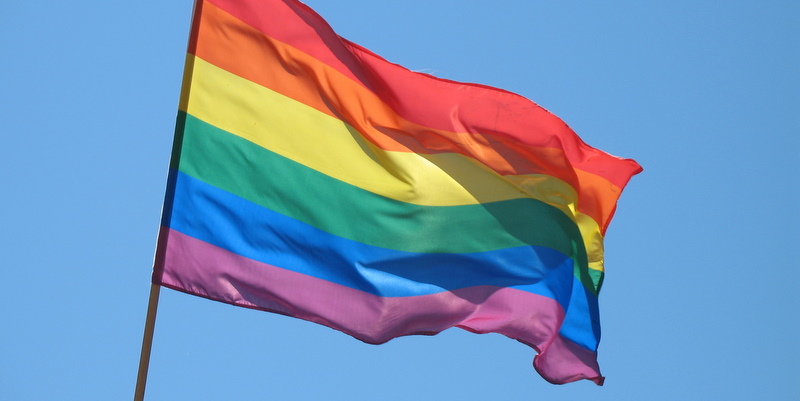
February 25, 2013, by ICCSR
What is the role of business on equality?
Discussions on LGBT (Lesbian, Gay, Bisexual and Transgender) rights have risen to an unprecedented level with recent undeniable triumphs in many countries. The UK’s annual LGBT History Month in February being one of the many good examples.
Established in 2005, this month promotes and celebrates the individual and social achievements of the LGBT Community. It includes a number of activities carried out by different actors, which also creates awareness for LGBT issues (to know more please click here).
Equality however, remains an aim in many fields, most notably within the organisational arena itself.
Indeed, a reference to the on-going feminist battle for gender equality comes to mind: not only because of an underlying common goal of a gender unbiased environment, but also because of the acknowledgement that, as part of an often gender blind society, corporations seem to conform to a (straight and white) male standard when it comes to both discourse and practice. But what does the academic world have to say about it?
Organisational studies started approaching the LGBT community mainly under the “diversity” label, in ways that range from highlighting its competitive advantage (i.e. a diverse workforce will be more difficult to imitate by competitors), to embracing principles more related to the concept of equality beyond the idea of profit. More generically, the role of the corporation has been seen from perspectives stressing either the negative impact of firms in perpetuating gender inequalities, or as a potential enabler in the creation of more equal relations – not just at work, but through the many activities corporations can be involved with. A good example on the subject is Google and its many activities, including this video with its employees (click here).
But what role does business have in equality? Is it to comply with local laws on the subject or to have non-discriminative HR practices? Is it to go beyond norms and educate its work force to be inclusive? Or is it to make a stand on the subject as a company? The topic, of course, remains open for discussion.
To welcome and advance this and other important issues on diversity and equality, the International Centre for Corporate Social Responsibility is holding two events in June.
On the 20th June 2013, the ICCSR Symposium on Responsible Business will open discussions about the impact of business on gender relations. It will bring together academics, practitioners and NGOs for a one day event to highlight the role of Corporate Social Responsibility and business ethics in fostering equality.
A PhD Workshop will also be held the next day, providing a friendly environment to research students to share ideas and receive suggestions from experienced academics. It will touch upon Marginalized Voices in CSR; including all those groups and individuals usually left aside of mainstream business discussion, such as the LGBT community, women, people with disabilities, and developing countries among others.
Papers and ideas in every area in which CSR and equality can cooperate are warmly welcomed. And, more information can be found on the ICCSR website:
http://www.nottingham.ac.uk/business/ICCSR/events.php?e=107
http://www.nottingham.ac.uk/business/ICCSR/events.php?e=109
Hopefully the events will contribute to the progress of de-marginalization of voices in the corporative setting, fostering better practices and human relations.
By Leticia Côrtes Ferreira, Doctoral Researcher at CAPES/Nottingham University Business School and Lucia Cervi, Doctoral Researcher at ICCSR, Nottingham University Business School.
Image by Mktp, reproduced under Creative Commons License (CC BY-NC-SA 2.0) source: http://www.flickr.com/photos/moktoipas/3581448050/
No comments yet, fill out a comment to be the first

Leave a Reply